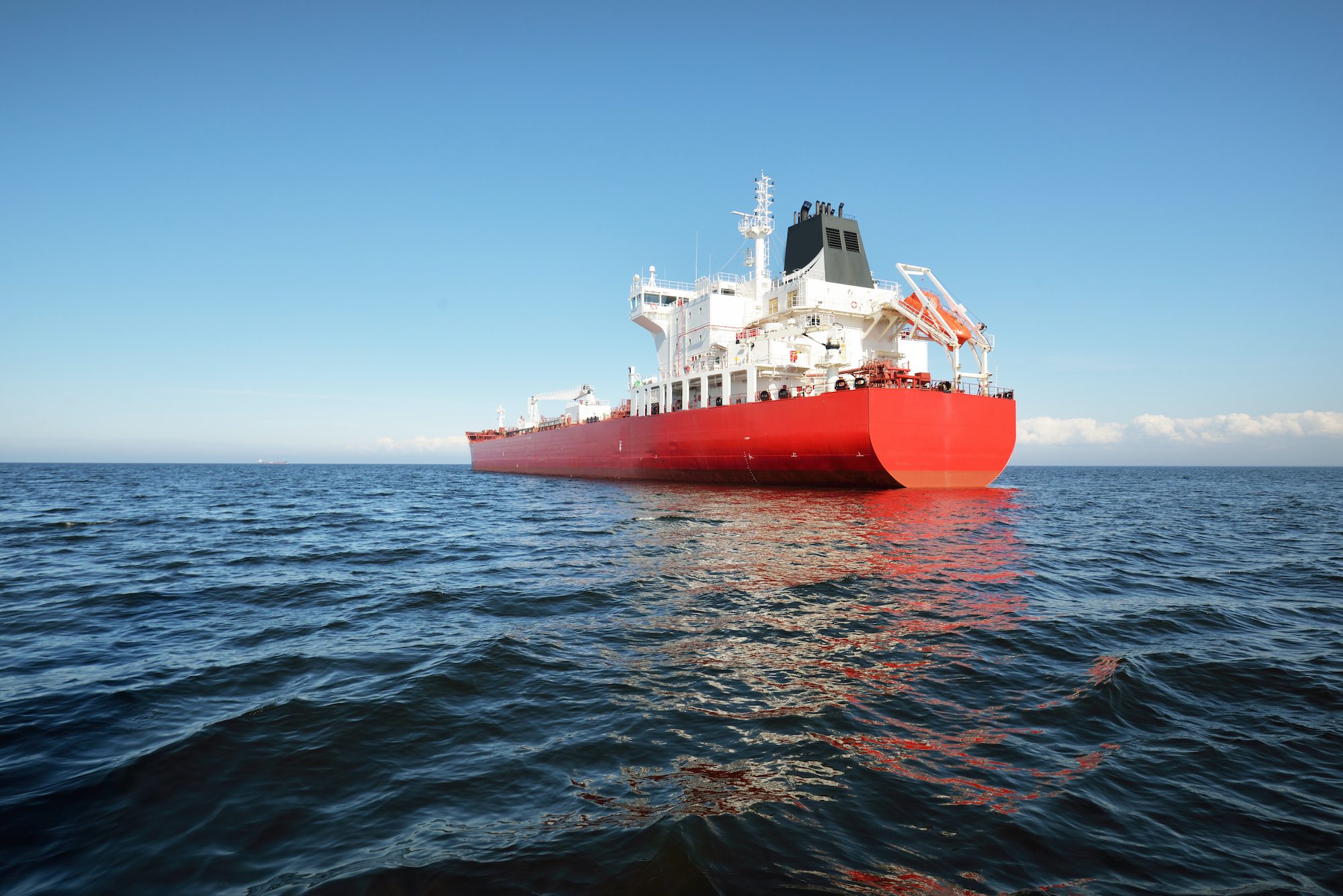U.S. Customs Revenue Tops $100 Billion for First Time Amid Tariff Surge
US revenue from customs duties this fiscal year surpassed $100 billion for the first time, reflecting higher tariffs imposed by the Trump administration.

By Alberto Nardelli, Ewa Krukowska and Jorge Valero (Bloomberg) —
The European Union is closing in on a deal to cap the price of Russian crude oil at $60 a barrel, their latest attempt to clinch an agreement before a Monday deadline, according to people familiar with the matter.
But Poland continues to push to harden the sanctions package before signing off on the price cap, and talks will continue tomorrow, the people said. Warsaw wants new sanctions linked to the cap plan.
EU talks have been dragging since last week as Poland and the Baltic nations demanded measures that put more pressure on Moscow’s revenues. Even after their efforts, the cap that looks set to be agreed is above the prices most Russian crude already trades at.
As a deal looks within reach, the bloc is set to create a mechanism that would allow for revisions of the price every two months, according to a draft document. There’s also a plan to make sure any resetting of the cap should leave it at least 5% below average market rates.
It’s still not clear how the Kremlin will react, but Foreign Minister Sergei Lavrov indicated on Thursday that he thought the price cap level was irrelevant. Given the cap is above market rates, Moscow may be able to claim it can just keep selling oil as usual.
The aim of the price cap — first proposed by the US amid concern EU sanctions were too strict — is to keep Russian oil flowing to avoid a global price spike, while also limiting Moscow’s revenue. For the price cap plan to accomplish its goal, the level has to be attractive enough to the Kremlin.
The risk for oil markets is that if the cap is seen as too low, Moscow may make good on a threat to shut down production — sending global crude prices higher.
The country’s flagship Urals grade traded as low as $45.31 a barrel this week at the Baltic Sea port of Primorsk, according to data from Argus Media, a publisher of commodity benchmarks. It rose to $48.04 on Wednesday.
Deputy US Treasury Secretary Wally Adeyemo signaled on Thursday that $60 would be acceptable to Washington, saying it was “in the range” Group of Seven countries have discussed.
Poland and the Baltic countries have in parallel asked for firmer progress on a new package of EU sanctions. Clarity on those measures is expected over the next few days and the EU’s executive arm this week also presented proposals to tackle the circumvention of sanctions, use frozen assets and hold Russia accountable for its war of aggression against Ukraine.
Greece and other shipping nations had pushed for a higher price, to keep Russian oil trading. They had separately been seeking guarantees that the shipping industry won’t be discriminated against by international competitors as a result of the cap.
G-7 countries are aiming to put the price cap in place before Monday, when wider EU sanctions on oil are due to come into force. The cap plan would ban shipping and services needed to transport Russian oil, such as brokering, financial assistance and insurance, unless the cargoes are purchased below the cap.
–With assistance from Christopher Condon, Saleha Mohsin and Josh Wingrove.
© 2022 Bloomberg L.P.

Sign up for gCaptain’s newsletter and never miss an update

Subscribe to gCaptain Daily and stay informed with the latest global maritime and offshore news


Stay informed with the latest maritime and offshore news, delivered daily straight to your inbox
Essential news coupled with the finest maritime content sourced from across the globe.
Sign Up